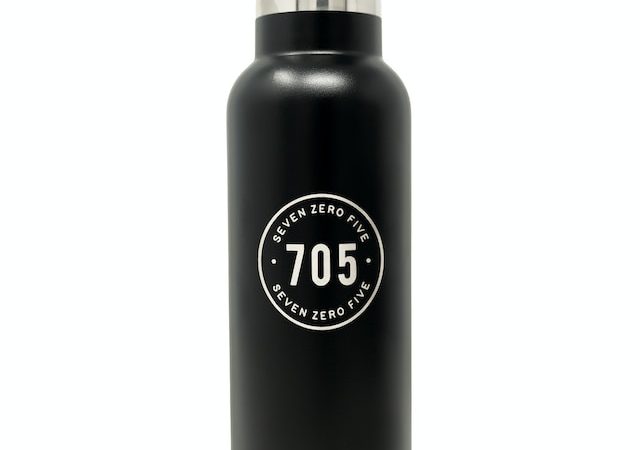Introduction: Hydration is essential for maximizing performance and preventing dehydration during gym workouts. While water is commonly associated with hydration, sports drinks have gained popularity as an alternative option. The choice between water and sports drinks depends on various factors, including the duration and intensity of the workout, individual needs, and specific goals. In this
Introduction: Hydration is essential for maximizing performance and preventing dehydration during gym workouts. While water is commonly associated with hydration, sports drinks have gained popularity as an alternative option. The choice between water and sports drinks depends on various factors, including the duration and intensity of the workout, individual needs, and specific goals. In this article, we will compare water and sports drinks to determine which one is better for hydrating at the gym.
- Water: The Classic Hydration Choice Water is the most accessible and widely available source of hydration. It is effective for replenishing fluids and maintaining proper hydration levels for most individuals. Water is calorie-free, helps regulate body temperature, and supports essential bodily functions. It is suitable for shorter, less intense workouts or those lasting less than an hour.
- Sports Drinks: Replenishing Electrolytes Sports drinks are formulated to replenish electrolytes lost through sweat during intense and prolonged exercise. They typically contain carbohydrates, electrolytes (such as sodium and potassium), and sometimes vitamins. The carbohydrates in sports drinks provide quick energy during longer workouts. Sports drinks can be beneficial for athletes engaged in high-intensity activities lasting more than an hour, particularly in hot and humid environments.
- Electrolyte Replenishment: When is it Necessary? Electrolytes play a vital role in maintaining fluid balance and muscle function. While water alone can adequately hydrate most individuals, sports drinks become more beneficial in situations where significant electrolyte loss occurs. For short, moderate-intensity workouts, water is generally sufficient to meet hydration needs. However, for prolonged, intense workouts or activities lasting several hours, sports drinks can help replenish electrolytes and provide additional energy.
- Caloric Considerations: One factor to consider when choosing between water and sports drinks is calorie content. Sports drinks often contain carbohydrates, which provide energy but also contribute to calorie intake. If weight management is a goal, individuals may opt for water to hydrate without adding extra calories. However, for endurance athletes or those engaging in prolonged, intense workouts, the additional calories from sports drinks can be beneficial for sustaining energy levels.
- Taste and Palatability: Personal preference and taste also play a role in choosing between water and sports drinks. Some individuals find water refreshing and easy to consume, while others may prefer the taste and flavor of sports drinks. The palatability of sports drinks can be particularly beneficial for individuals who struggle to drink enough water during intense workouts, as it may encourage them to drink more and maintain proper hydration.
- Hydration Strategies: It’s important to note that hydration strategies can be flexible and tailored to individual needs. Some individuals may choose to drink water during most of their workouts and reserve sports drinks for longer or more intense sessions. Others may prefer a combination approach, starting with water and transitioning to sports drinks as the workout progresses. Experimenting with different hydration strategies can help determine what works best for each individual.
Conclusion: The choice between water and sports drinks for gym hydration depends on various factors, including workout duration, intensity, individual needs, and personal preferences. Water is suitable for most individuals and shorter workouts, providing effective hydration without additional calories. Sports drinks, with their added carbohydrates and electrolytes, are beneficial for prolonged, intense exercise or activities lasting more than an hour. It’s important to listen to your body, consider your goals, and tailor your hydration strategy accordingly. Remember, the primary goal is to maintain proper hydration to support optimal performance and overall well-being at the gym.

















Leave a Comment
Your email address will not be published. Required fields are marked with *